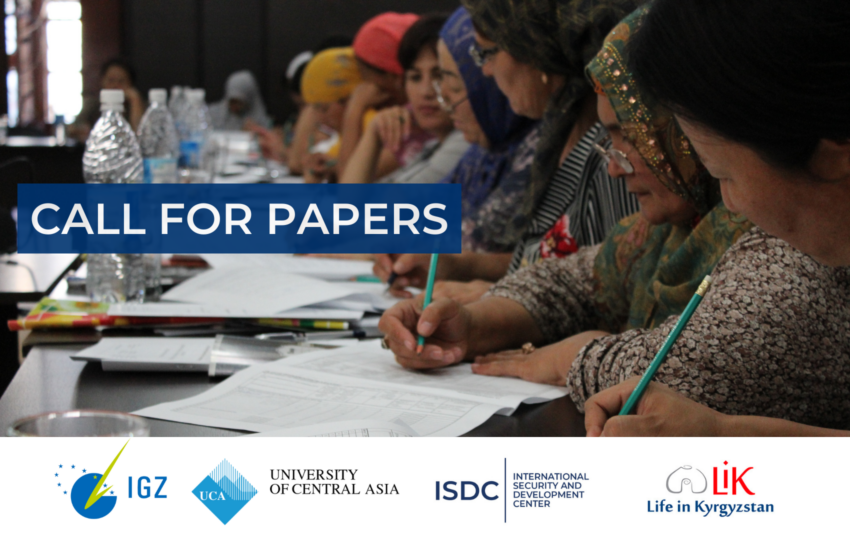
Latest News
View AllResearch Themes
Capacity Building
32 resources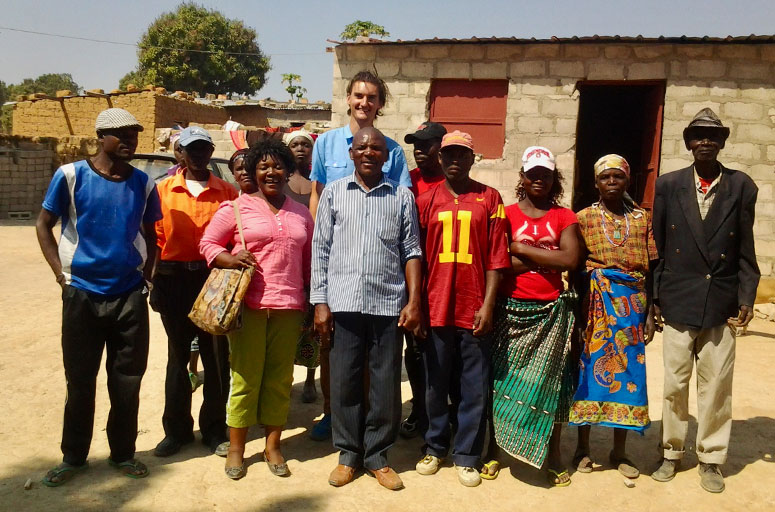
Individual Decision-making
68 resources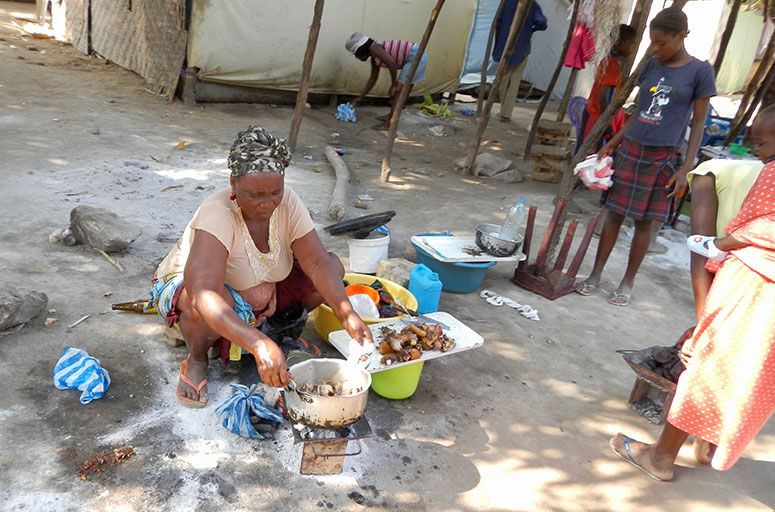
Violence & Peacebuilding
113 resources
Micro-Data Collection
104 resources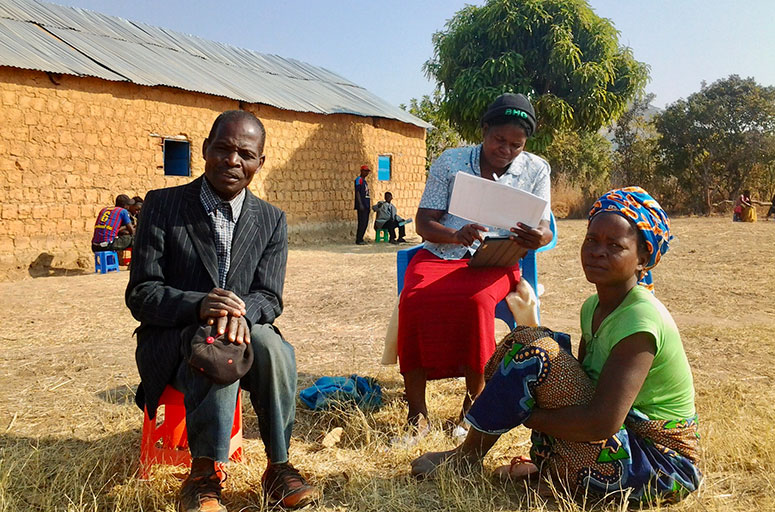
Shocks & Livelihoods
125 resources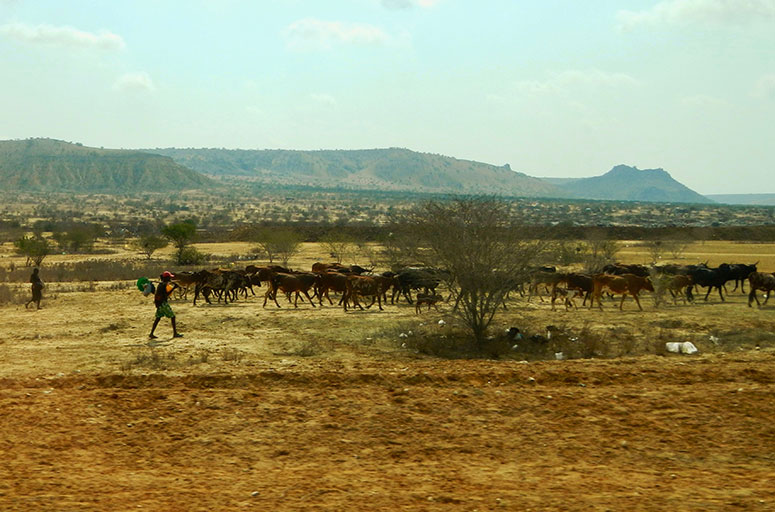
Impact Evaluation
106 resources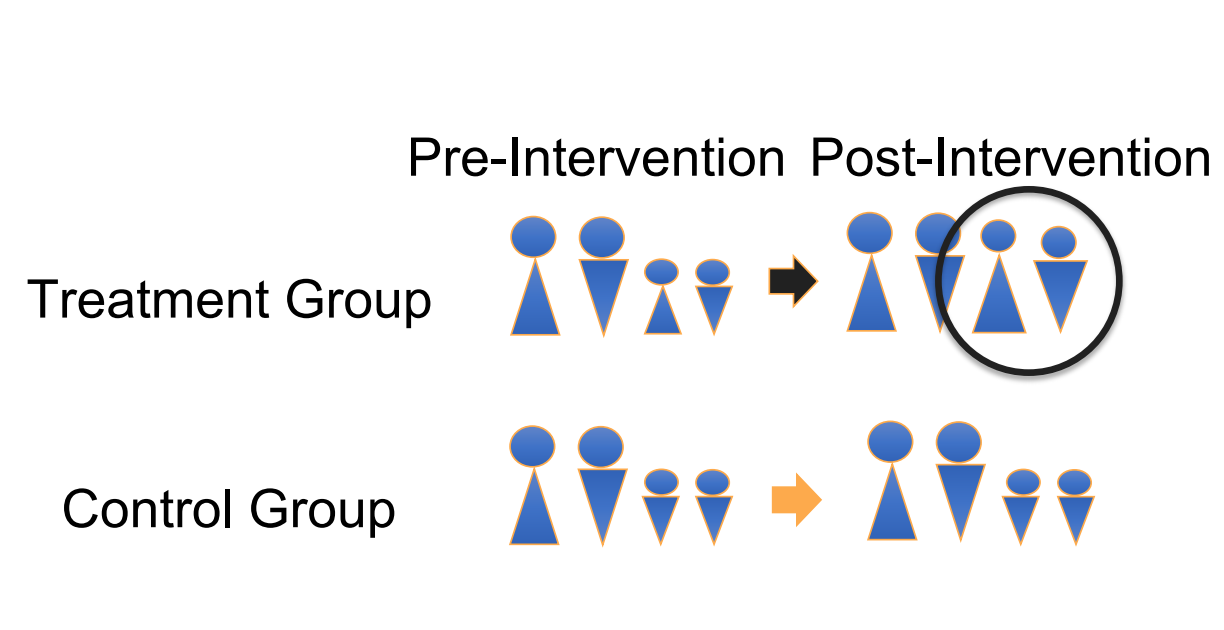
Humanitarian Emergencies
82 resources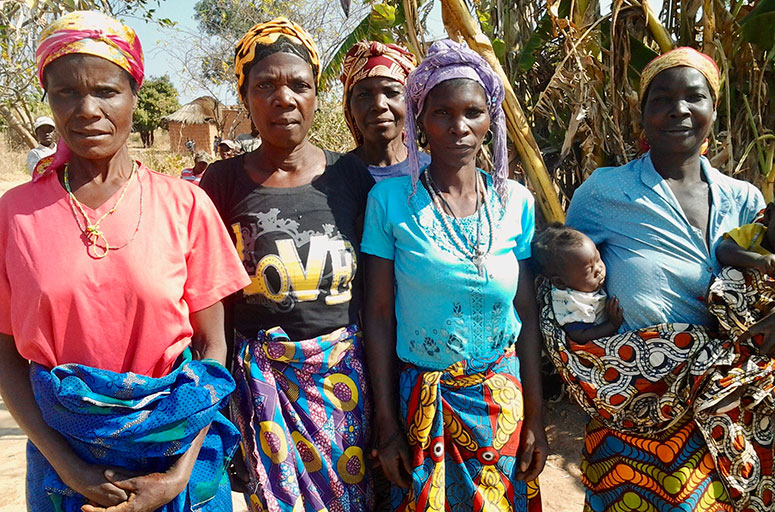
Human Development
109 resources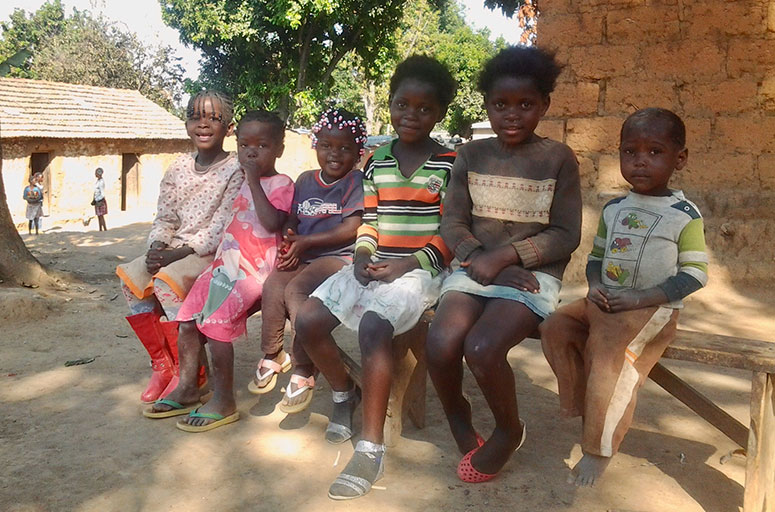
Life in Kyrgyzstan
45 resources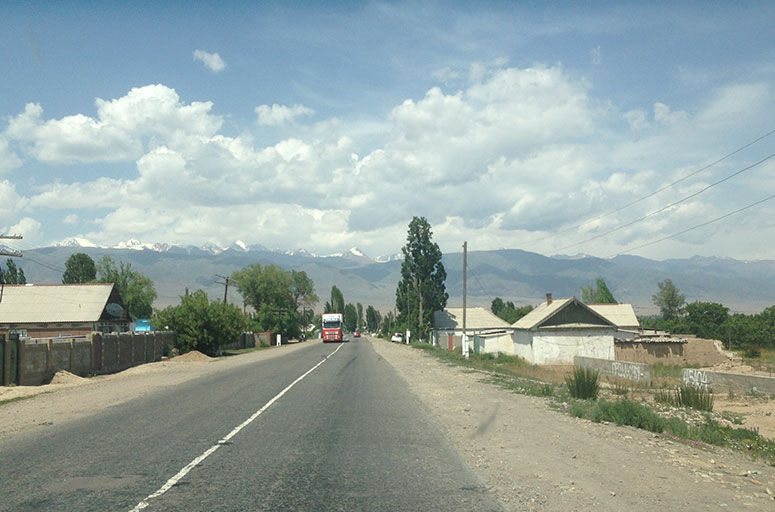
Latest Publications
View AllInstitutional trust in the time of corona: Evidence from countermeasures in Germany
Prevalence of Depression and Associated Socio-economic Outcomes during Violent Conflict: A Matched Analysis for Palestine Using Nationally Representative Survey and Conflict Event Data
The Peace Bargain (Policy Brief)
The Peace Bargain
Testimonials
ISDC delivered an independent evaluation of a UK-funded agriculture programme in Syria. The evaluation generated valuable evidence on the impacts of the programme, and its quasi-experimental features strengthened the confidence of attributing results, positive and negative, to specific interventions. ISDC demonstrated through their design and adaptive management of the evaluation that it is possible to run complex and quasi-experimental impact analysis in volatile and conflict-affected settings. The evaluation report has been instrumental in the development of a new 5-year UK-funded resilience-building programme in Syria.
ISDC has a rare combination of the highest level of international expertise on the latest experimental research approaches, advanced knowledge of in-depth qualitative methods and how they complement each other, as well as up-to-date context knowledge and genuine appreciation for the country.
ISDC has been a collaborative, reliable and impactful partner of the Knowledge Platform Security & Rule of Law. Whether producing rigorous and methodologically strong data through academic funding channels, or adopting a more applied, practice-oriented approach in collaboration with programming partners, the team has always carefully tailored their research projects. This ensures the target audience not only understand but, more importantly, use the findings of their work. Tilman and his team consistently strike the rare and necessary balance of precision and pragmatism.”
UNDP Uganda commissioned ISDC to undertake a comprehensive assessment of data gaps for the Sustainable Development Goal on Peace, Justice and Strong Institutions (SDG 16). The innovative study has become instrumental in assessing Uganda’s readiness to report on SDG 16 and provided an excellent learning opportunity to assess capacities for other SDGs. It was a pleasure to work with the excellent team from ISDC throughout.”
… ISDC conducted valuable research for the Knowledge Platform Security & Rule of Law on the issue of Employment for Stability. Also other research done by Tilman and his team at ISDC guided our thinking and policy development at the Ministry of Foreign Affairs of the Netherlands. “
ISDC is now one of the leaders in authoritative analysis of conflict and its impact on development and humanitarian emergencies, deploying state-of-the art data collection and rigorous research to some of the world’s most pressing and urgent issues”
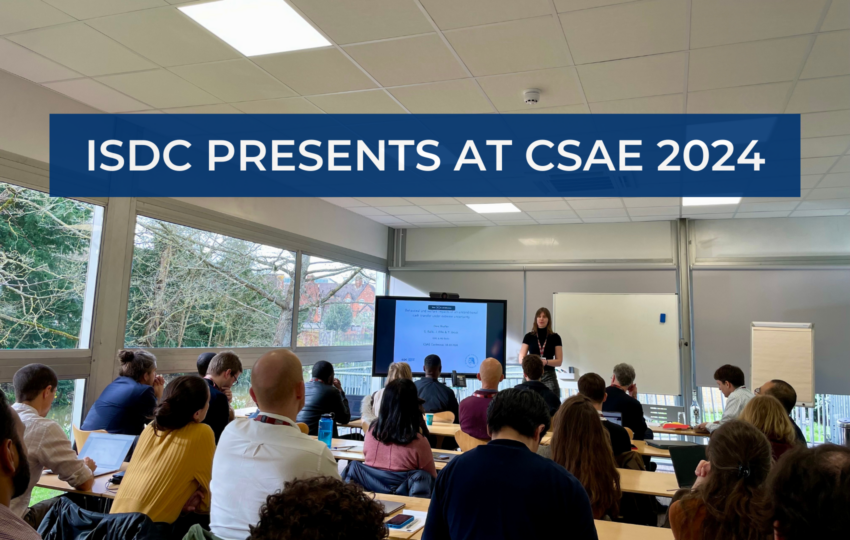
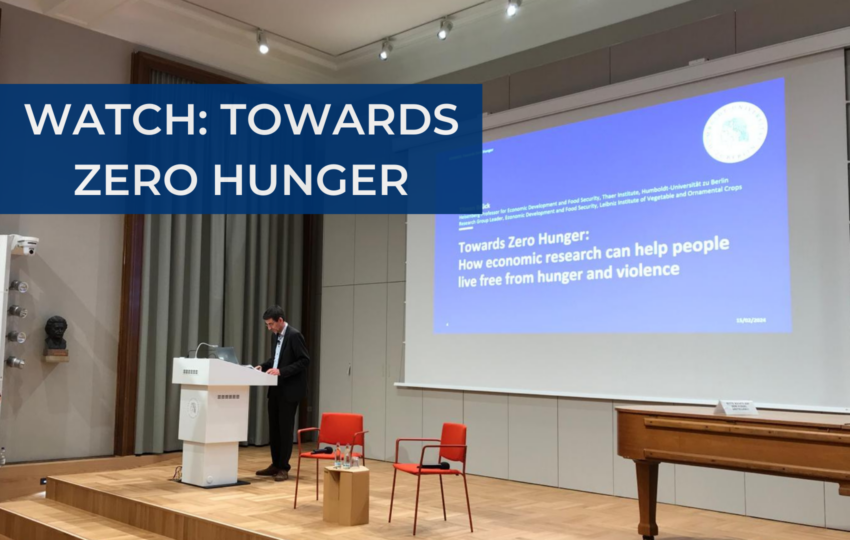
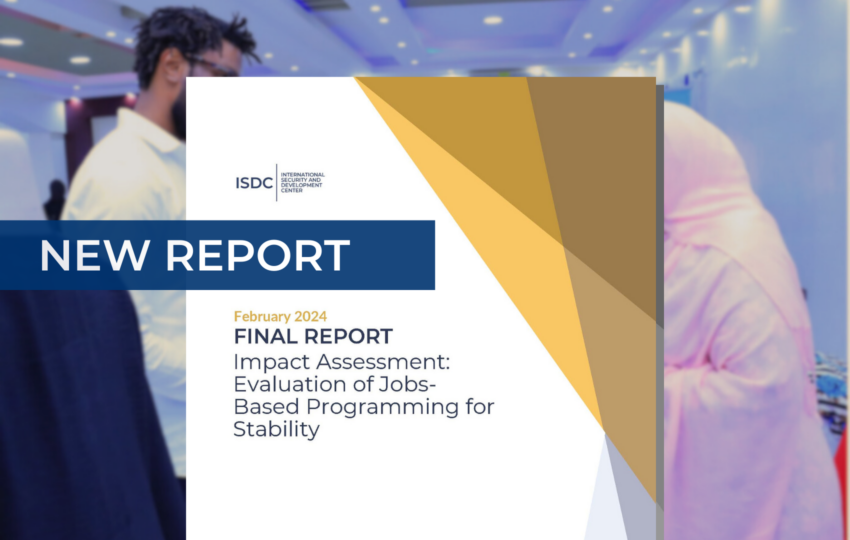
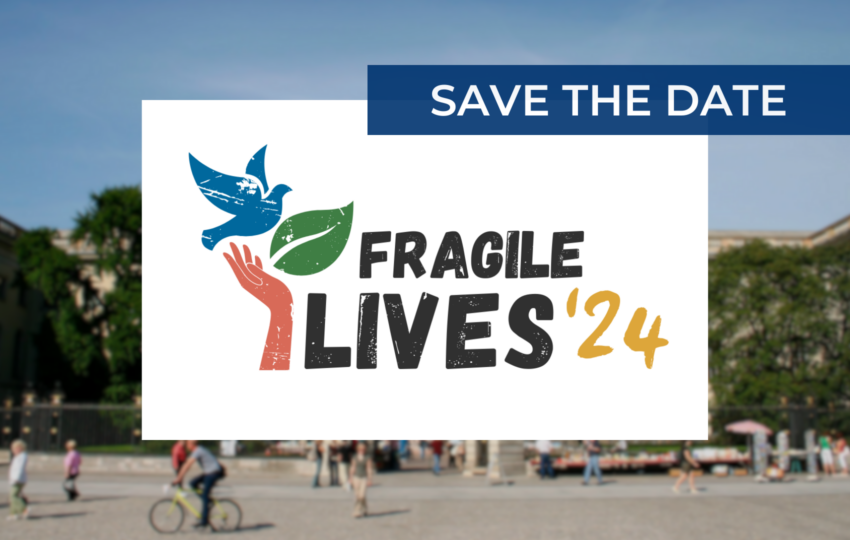
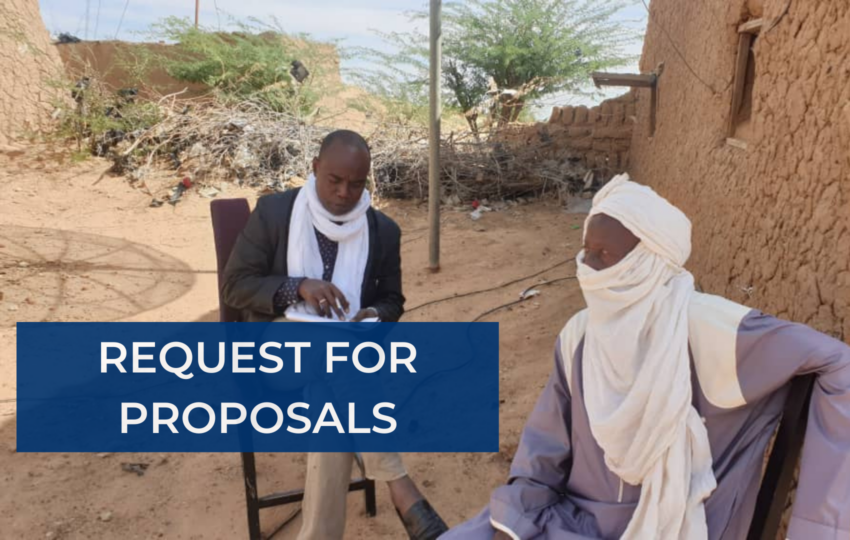
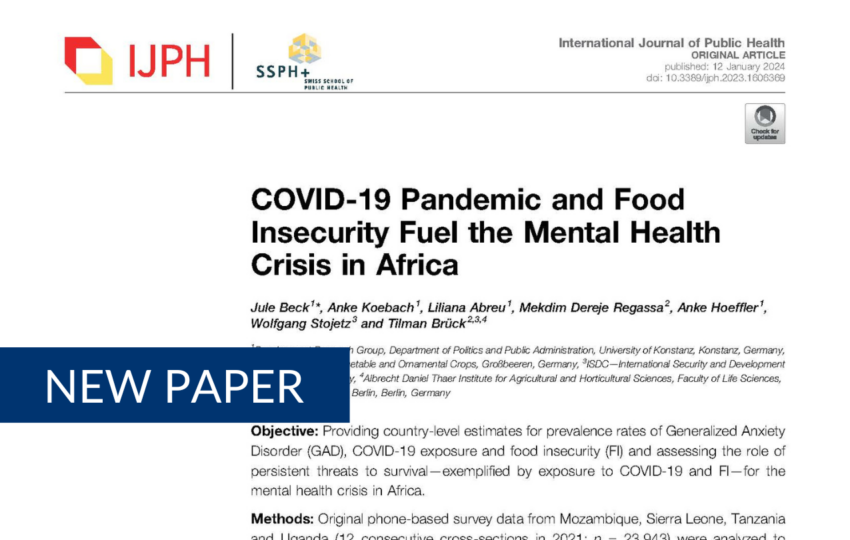
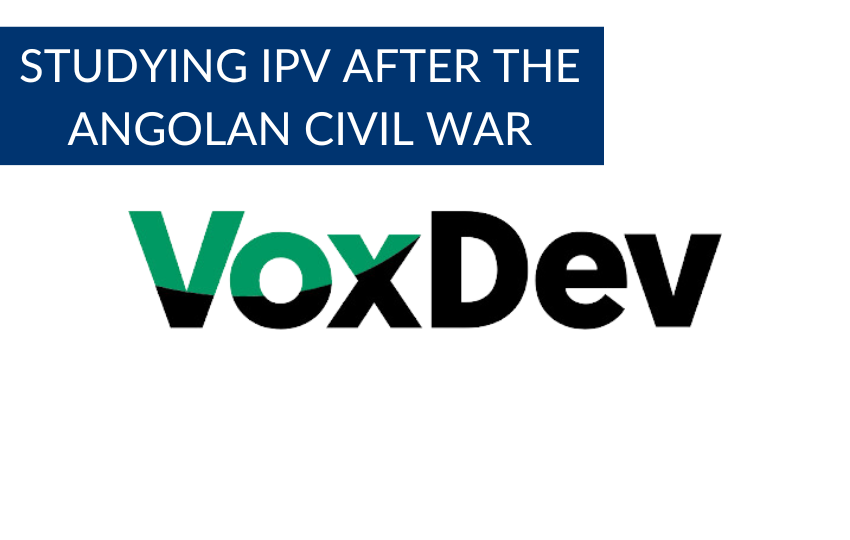
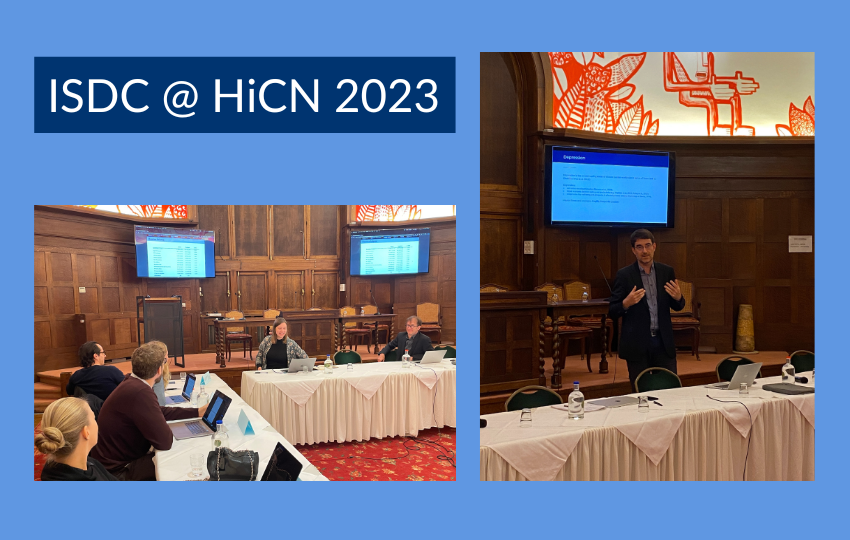
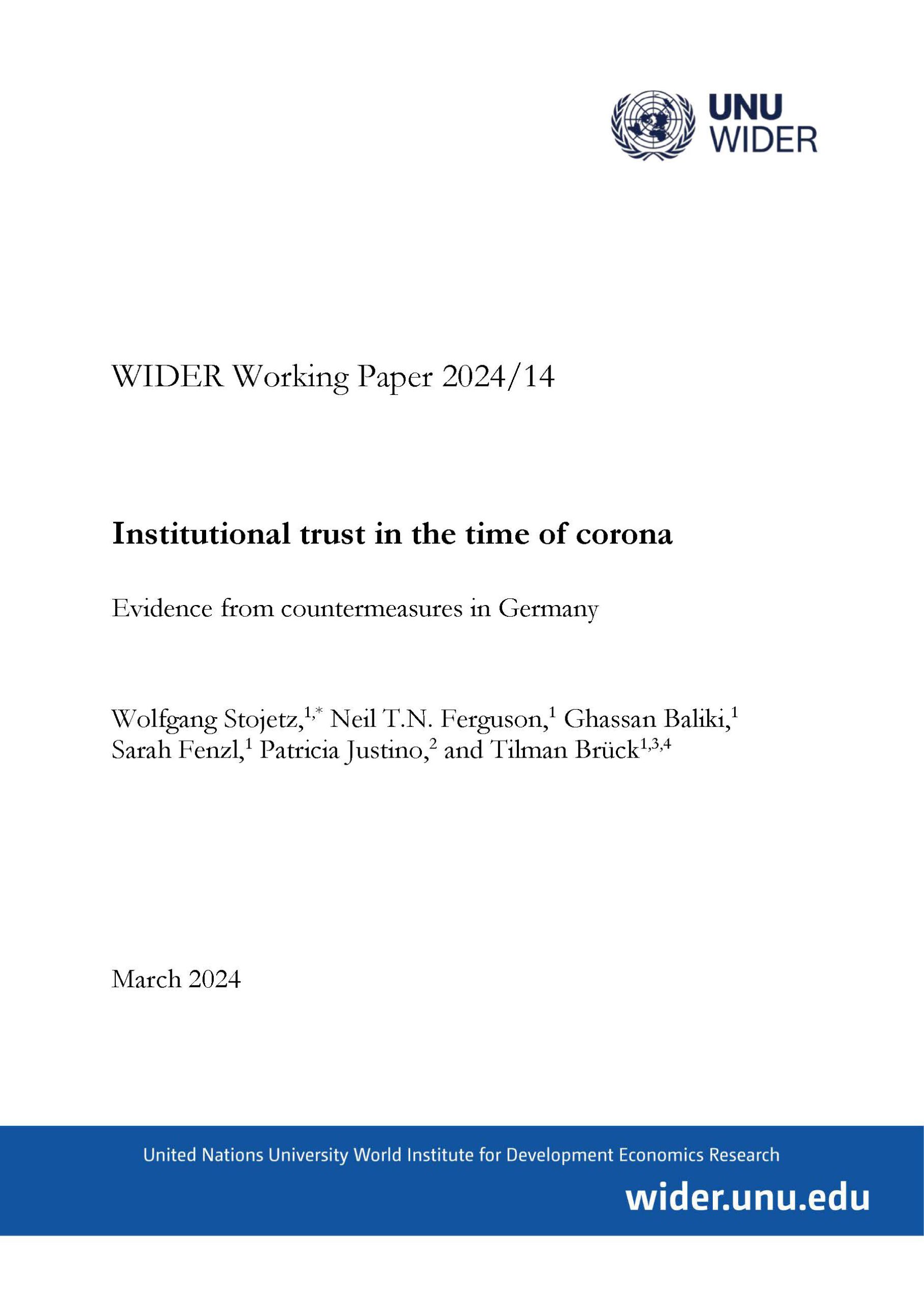
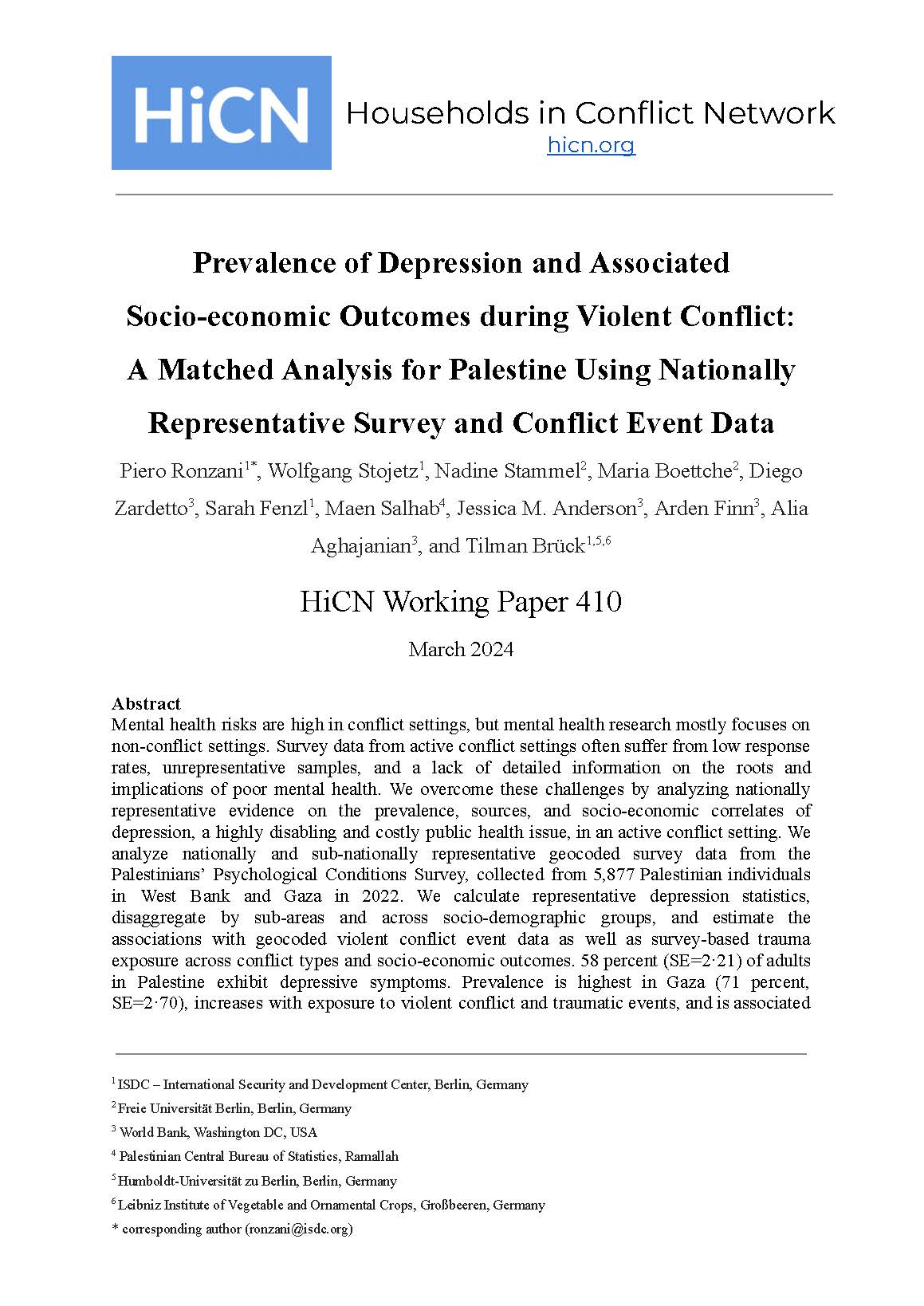
![Pai Finanzierungsstudie Policy Brief Final[50] Page 1](https://isdc.org/wp-content/uploads/2024/03/PAI_Finanzierungsstudie_Policy-Brief_final50_Page_1.jpg)
![The Peace Bargain[92] Page 01](https://isdc.org/wp-content/uploads/2024/03/The-Peace-Bargain92_Page_01.jpg)


